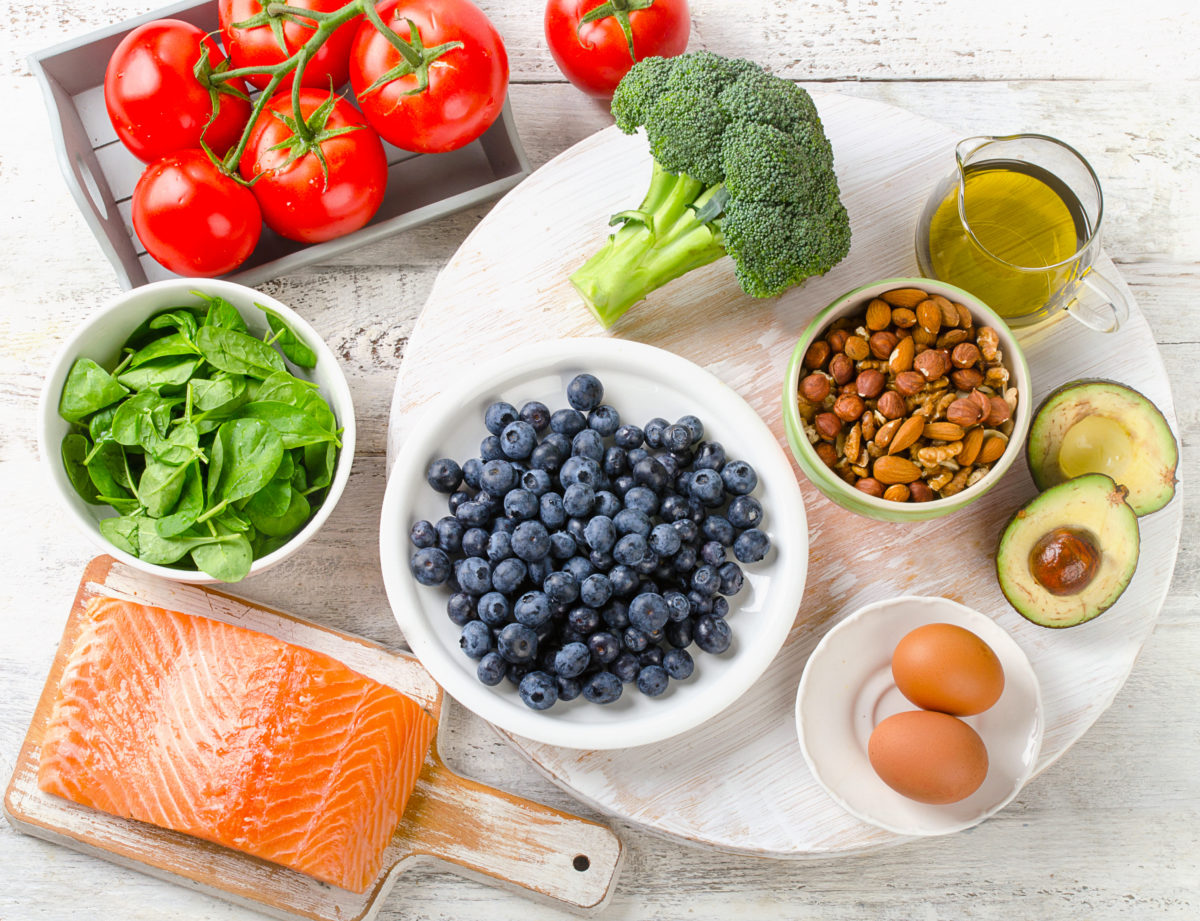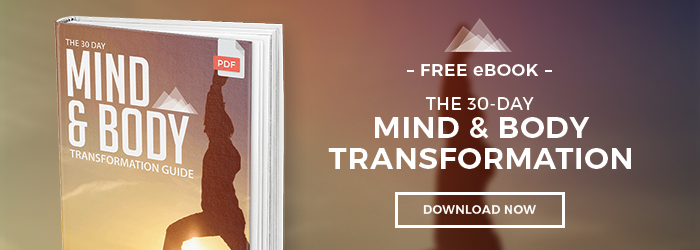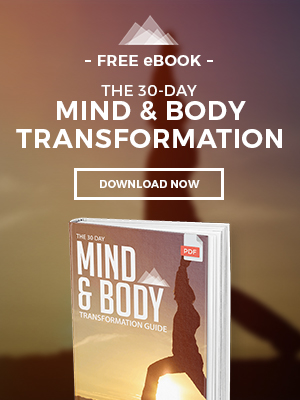When the connection between nutrition and mental health is addressed, the foremost principle to establish is that the brain, like every other functioning organ in the body, needs ‘fuel’ to survive. The quality of that fuel dictates the structure and functionality of your brain. If you value your car, would you put the lowest grade gas in there because it’s cheapest or pay a bit extra to ensure the longevity and efficiency of your engine? I would gander the latter.
The same dynamic is at play with the brain. In the Navy SEALS, the benefits of mental toughness far outweigh the benefits of physical strength. This is the mantra and embodiment of almost all prominent leaders. Naturally, in my SEALFIT and Unbeatable Mind programs, I try to strengthen the minds of my students in every facet. Yet one of the most rudimentary practices that directly influence mental toughness is rarely utilized.
What I’m Speaking About Here Is Diet.
If you’re familiar with my program, then you already know I’m a huge advocate of the paleo diet. Everything our body doesn’t burn, it stores, so it’s rather blatant to me that whatever we store… well, it needs to be good for us. Paleo provides that. But I’m not trying to enforce the discipline of paleo here, rather I want you to know that refined sugars, processed foods, and unnatural fats have been scientifically proven to negatively affect brain structure. Which all happen to be no-nos in the paleo club.
Not only can these ‘toxins’ impair the way your insulin regulates, but they also inhibit brain receptors, reduce functionality, and worsen symptoms of mental illness (like depression and anxiety). Historically, healthcare professionals and the medical industry as a whole didn’t exactly recognize the link between nutrition and the brain, but nowadays the evidence is concrete.
The Connection Between Your Brain & Your Stomach
Have you heard that your second brain is in your stomach? At the very least I’m willing to bet you’ve felt the ‘butterflies’ of nervousness. That’s due to the fact that your gastrointestinal tract is responsible for the production of many neurotransmitters (brain cells). Which means your digestive system isn’t only processing your food but managing your emotions as well.
The very lining in your intestines is designed to keep the bad stuff away and the good in. Now taking into consideration there are neural pathways which link directly from them to the brain, suddenly stuffing them with toxic and unhealthy food doesn’t sound like something that just affects your physical health and aesthetic, does it? No; it directly affects brain functionality and emotional development.
To the latter, I am speaking specifically on serotonin—a neurotransmitter that is responsible for your sleep cycle, moodiness, pain tolerance, and appetite—and how their ‘birth’ is directly affected by the substances you’re putting into your body. Let’s revert back to the fuel metaphor. For well-engineered and healthy serotonin, you’re going to need premium fuel… and chances are you’re not getting it.
I recently read a study where subjects using a Mediterranean Diet (an eating discipline often attributed as one of the healthiest in the world) were compared to subjects on a ‘Western Diet.’ Instead of studying the physical effects of each diet, researchers studied their mental health. The conclusion: those on a Western Diet were 30% more likely to develop some form of anxiety or depression.
How Can We Make Sure Our Brain Is Healthy?
There’s a reason why I coined my program the Unbeatable Mind. That’s because success first begins with our psyche and mental wellbeing. I am a huge advocate of doing everything in our power to tame and strengthen the conscious and subconscious mind. In this case, the answer is rather simple. But the process, dependent on the personality type, can be excruciating. It’s to create dietary restrictions.
Because refined sugars, processed foods, fats and unhealthy dairy are so tightly integrated into our society, stepping away from them can be difficult. In fact, since most of these substances are addictive, when removing them from our diets we often go through ‘withdrawal’ periods that make us feel worse than before.
But they aren’t what our bodies need and they’re certainly not helping our mental health. Thus, one of the keys to a healthy mind is to diet. A general guideline for what you should eat is:
- Fruits and veggies. Lots of them.
- Whole grains
- No sugars, additives, sodium, or saturated fat
- No processed foods
- Lean proteins
- Dairy (but only if it’s low-fat)
Remember, our digestive system creates the tools our brain uses to function. It also serves as the main system for processing nutrients that pass through our bodies. If we feed it crap, it’s not going to perform at its best. Plain and simple.





very good essay. With all the industrial food today we need more than ever good nutrition.